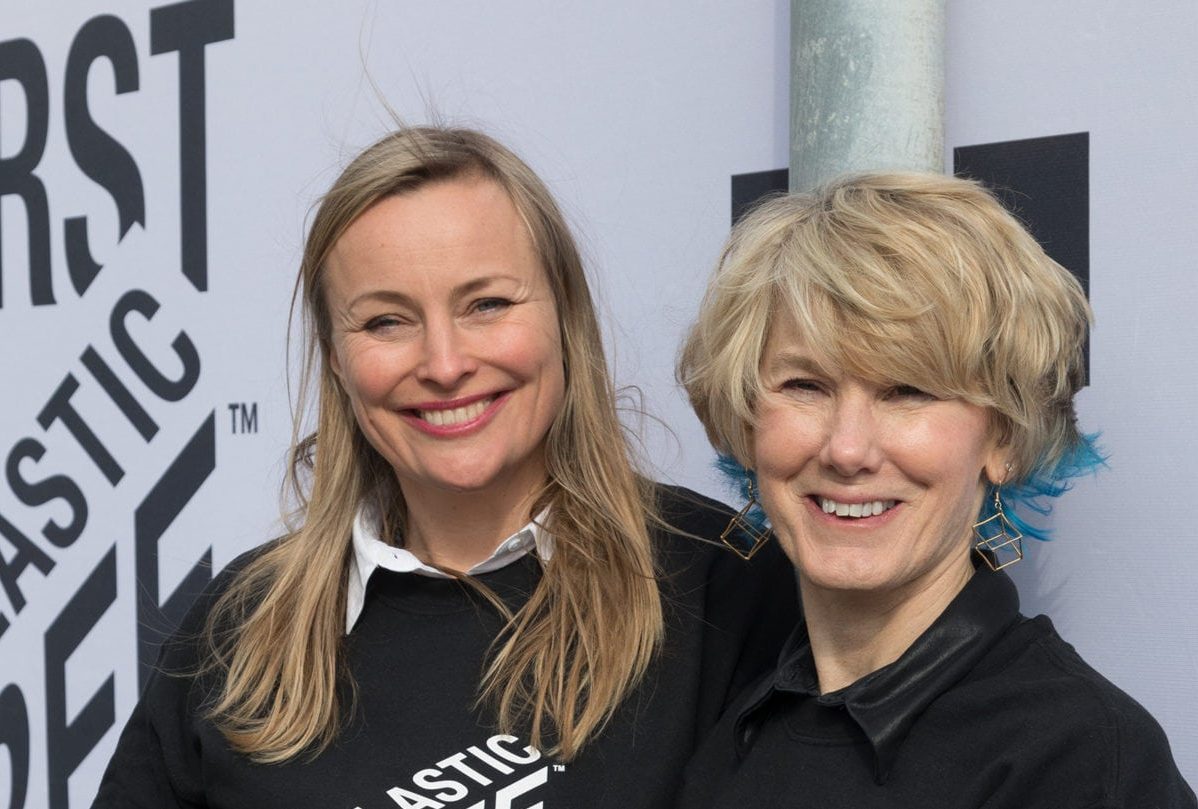
Since 2017, the charity A Plastic Planet has had one overarching goal: get the world to turn off the plastic tap. Offering a host of alternatives to help wean the world off its plastic dependency, we speak to the project’s co-founders, Frederikke Magnussen and Siân Sutherland.
What happened in 2017 to cause you both to start A Plastic Planet?
We were both helping with the launch of the film A Plastic Ocean, the first feature documentary that revealed the plastic crisis. This documentary was released late 2016, a year before the infamous Blue Planet 2 impact. Rapidly, we learned about the impact of our plastic addiction – on our oceans, yes, but also on our soil, our air, our water, our food system – and it prompted us to create a different kind of business to help turn off the plastic tap. A Plastic Planet is 100% pro-solution focused and also, as you will imagine from our entrepreneurial backgrounds, very pro-business.
You stress no individual guilt or blame – in your words, ‘We are all plastic addicts.’ Have you found this an effective way to begin dialogue about eliminating plastic?
We need to move away from making people feel guilty, both as individuals and those running businesses. Guilt and blame create inaction. What we need today is action! We don’t want to dwell on the problem. Instead, let’s help industry change faster by bringing them solutions and also lobbying governments to enforce faster change through fiscal policy and legislation.
View this post on Instagram
Where do you think eliminating plastic ranks in the wider climate crisis?
If the plastics industry were a country, it would be the 5th biggest emitter of GHGs. Plastic is solid carbon. It is intrinsically connected to the climate crisis and we firmly believe that if we fix the plastic crisis, we will directly and indirectly also help fix the climate crisis. Don’t be fooled – plastic is Plan B for big oil.

What are some of the easiest, and most cost effective, alternatives to plastic? Do you think bio-materials presently have the capacity to meet the supply our reliance on plastic demands?
Where there is change, there is always opportunity. And the opportunities in material science and systemic change are extraordinary. Daily, we now see new bio-materials coming on to the market. Some of them are imperfect but most are better than the default of petrochemical plastic. If we just dedicated a tiny fraction of the billions of dollars that have been invested over the last 50 years into new plastic technologies, we could see incredible growth and investment opportunity in new material science.
A great example of this is Natural Fiber Welding, based in the United States. They take nutrients like cellulose from nature, and make useful materials such as leather alternatives, but without any plastic or toxins. These can then go back to nature still as nutrients without any new recycling infrastructure – this is the future we should all rush towards. Moulded fibre, paper, aluminium – although these don’t sound as exciting, they will be a big part of mankind weaning off plastic.
View this post on Instagram
Do you think the recent amount of climate summits and events is proving successful? In your opinion, does condensing calls for reform into a series of days help or hinder longer term efforts?
What is clear is that voluntary commitments from governments and industry are not enough. The sad fact is that we are on course to treble plastic production by 2040 and if every existing commitment was to be achieved, it would only result in a 7 per cent reduction in plastic pollution – of a forecast trebling. So the fact that 140 countries are backing the call for a Global Plastics Treaty is very important. This year the UN will sit for the first time to discuss what this new treaty will entail. We must all hope that it is a legally binding treaty, that it includes a cap on virgin plastic production, and that it covers not just the waste, but the impact of plastic throughout its entire life span – which is of course hundreds of years!
On your website, you lay out four key mediums through which you hope to turn off the plastic tap – media, industry, lobbying, education. What steps you are taking in each of them to stem the neverending flow of plastic?
New laws banning stupid uses of plastic are essential. They create a level playing field for industry so reduction of plastic becomes mandated rather than a nice ESG or CSR initiative. Plastic is ridiculously cheap and therefore businesses need to be very committed to stop their misuse. It is just too easy to carry on until legislation kicks in. That is why we are so involved in the push for the UN Global Plastics Treaty and in calling on governments to bring in legislation and financial motivation faster.
Keeping the plastic crisis in the media spotlight is also crucial and we have become a pretty loud voice with our campaigns such as Sack The Sachet, Plastic Free Fashion etc.

Have you found governments or businesses more willing to make changes to eliminate plastics?
We have a twin track approach – call for government policy, banning and taxing where needed whilst working with industry on solutions. It is not very helpful just to ban things and not to help industry change. In our experience business want to change, but after 25 years of plastic being the easiest and cheapest miracle material, it is very difficult to shift entire production and distribution systems to different materials. But everyone knows it has to happen. Our 24/7 job is to help and champion those businesses that are really trying to tackle the problem. And, let’s be honest, also to call out those that are in total denial and squeezing every last drop of profit out of the status quo. There will be some future dinosaurs in this battle for sure!
What are the main goals for A Plastic Planet in 2022?
Obviously the UN Plastics Treaty is a big focus for us, ensuring we can help accelerate the process where possible and pushing for National Action Plans that pre-empt the Treaty. We cannot wait 10 years for the Treaty to be finalised – we need to act now.
We will continue to lobby for stupid plastic items to be banned – we are not going to fix the crisis one straw at a time; we need much bolder action from governments on this.
The biggest project we are working on this year will be the launch of our global solutions platform on PlasticFree.com. This will connect the 160m creatives with the plastic free materials makers and systems changers so designers can create differently from the outset. There is such a lack of trusted information about materials, their potential, their impact, case studies and proof points. We want to build the most extraordinary knowledge platform to empower the creative industry to design a plastic free future for all of us.




